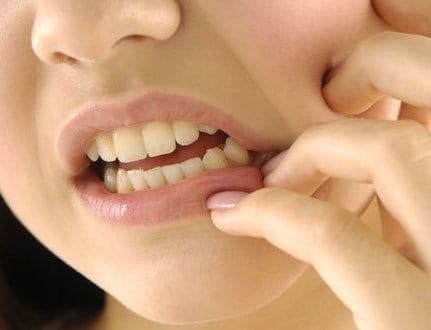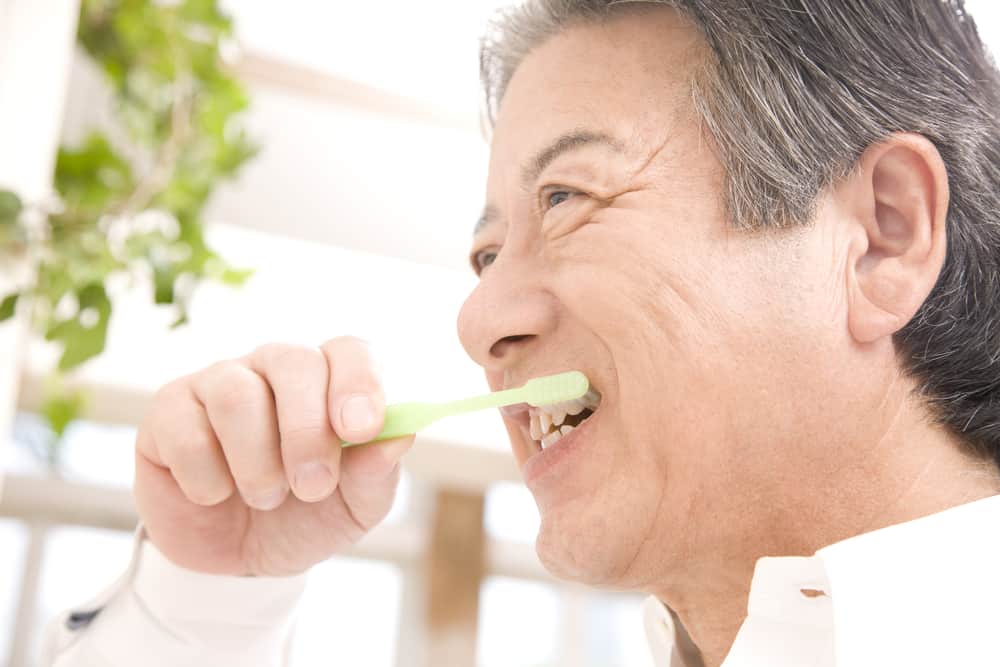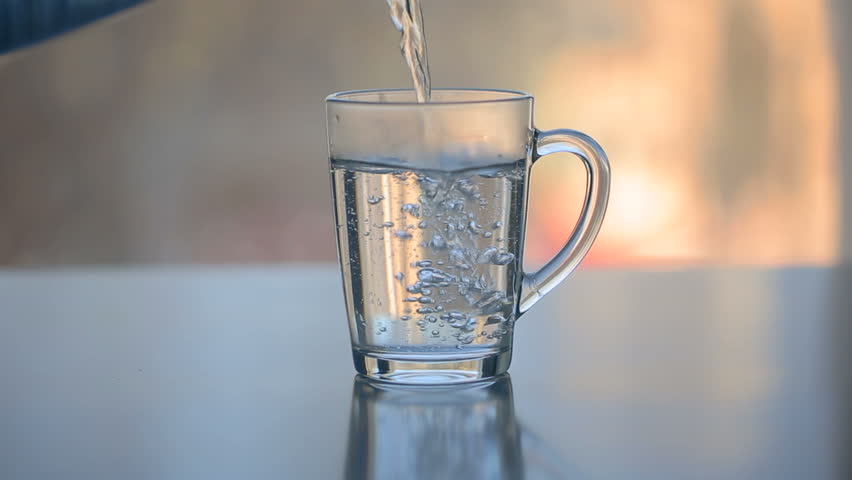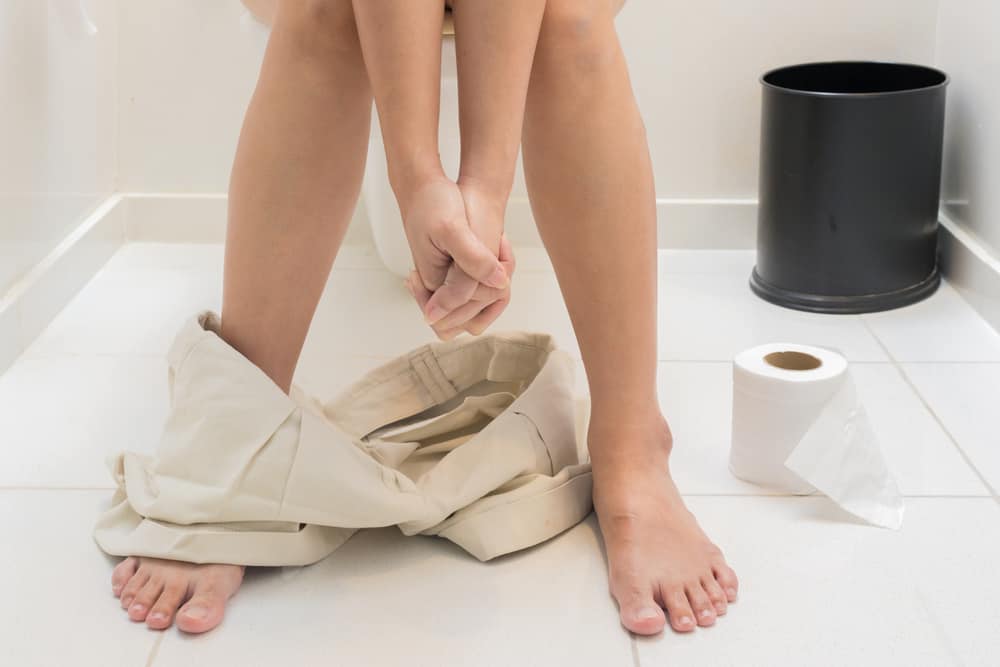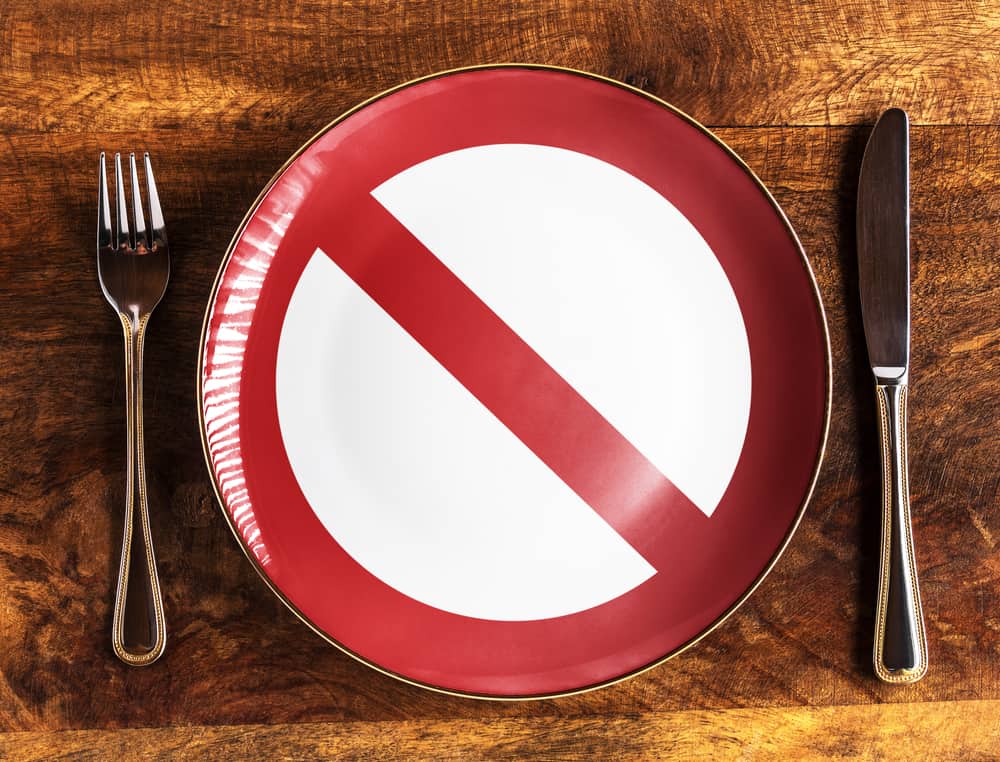Contents:
- Medical Video: How To Treat Swollen Gums
- How to deal with itchy gum at home using natural methods
- 1. Maintain dental hygiene
- 2. Ice cubes
- 3. Take vitamin C supplements
- 4. Rinse salt water
- 5. Baking soda paste
- 6. Brush your teeth with turmeric
- 7. Brush the aloe gel
- 8. Lifestyle changes
- Overcoming gum itching in doctors with medical procedures and drugs
Medical Video: How To Treat Swollen Gums
Itchy gum can be caused by many things, ranging from allergies, dry mouth, to hormonal changes during pregnant or menopausal women. You can overcome your itchy gums in a number of ways below, before the problem spreads to become more serious.
How to deal with itchy gum at home using natural methods
1. Maintain dental hygiene
Brushing and cleaning your teeth twice a day is very important for good oral health. You should also consider using toothpaste designed to prevent plaque formation. If you have a problem with infection or inflammation of the gums, cleaning your teeth with an alcohol-free antiseptic mouthwash can also be done.
2. Ice cubes
Gently compress the ice cubes to cool the gums and stop the itching. You can also suck a piece of ice cubes, and let it melt in your mouth until the itchiness disappears. As a bonus, ice cubes can help hydrate you.
3. Take vitamin C supplements
Vitamin C has a natural antibiotic component that can help improve gum health. Daily intake of Vitamin C 1000 milligrams is believed to help prevent gum inflammation.
4. Rinse salt water
Dissolve 1 teaspoon of salt in 250 ml of lukewarm water. Gargle and cool the salt water gently around your mouth, and dispose of the slurry water. Salt water can relieve itching and irritation of the gums.
5. Baking soda paste
Dissolve baking soda with water in a bowl to make a soft paste, then apply it to your gums. Baking soda can overcome any type of bacterial infection that causes your gums to irritate.
6. Brush your teeth with turmeric
Turmeric contains curcumin, which has antioxidant and anti-inflammatory properties. Curcumin can effectively reduce plaque, pain, swelling and itching of the gums. Plus, brushing teeth using turmeric can reduce bacterial activity to prevent infection.
A study published in the Journal of the Indian Society of Periodontology found that the anti-plaque, anti-inflammatory and anti-microbial properties of turmeric to prevent inflammation of the gums were comparable to chlorexidine mouthwash.
Make a paste of 1 teaspoon of turmeric powder and a pinch of water, stick the paste with a soft bristle toothbrush and brush your teeth with turmeric paste. Do this twice a day
7. Brush the aloe gel
Aloe vera has antibacterial and antifungal properties that are very effective against inflammation of the gums causing itchy gums. This can prevent the buildup of bacteria that cause plaque which leads to inflammation of the gums. Plus, aloe vera can relieve pain and soothe inflamed teeth and gums.
Rub Aloe vera gel, directly from the fresh plants and organic gels available in bottles, then apply on the gums. Allow one minute, do not immediately rinse or drink water. If it feels too bitter, dissolve the gel with a pinch of water and press gently directly on your itchy gum for a quick solution.
8. Lifestyle changes
Smoking can interfere with your gum health. With you quitting smoking, you can make itchy gums stop. Including stopping from e-cigarettes and vaping. Avoiding foods that interfere with your gums can also help, such as spicy, sour, flour, or sweet foods are the most common causes of gum irritation.
But if the complaints of itchy gums continue without any signs of improvement, it's a good idea to consult a dentist to find out the exact cause and treatment. Because the itchy gums can indicate more serious gum problems and dental infections.
Overcoming gum itching in doctors with medical procedures and drugs
Your doctor may advise you to do one, or maybe more, of the following methods to treat itchy gums:
- Prescription antihistamines: If the itchy gums are the result of an allergy, antihistamines can stop the symptoms.
- Dental protection: Prevent further damage to your teeth by wearing a protective gear when you play or exercise contact and while you sleep.
- Scaling plaque: This electrical appliance can help your dentist remove plaque buildup from above and below your gum line. because brushing your teeth is not possible to get rid of plaque buildup.
- Root canal treatment: Your dentist might use this procedure to get rid of severe plaque buildup because the gums are down. This will give the teeth and gums to be fresh so they can stick back to healthy tissue.
- Lasering: This procedure removes plaque and tartar and may be an effective treatment besides scaling plaque and root canal.

